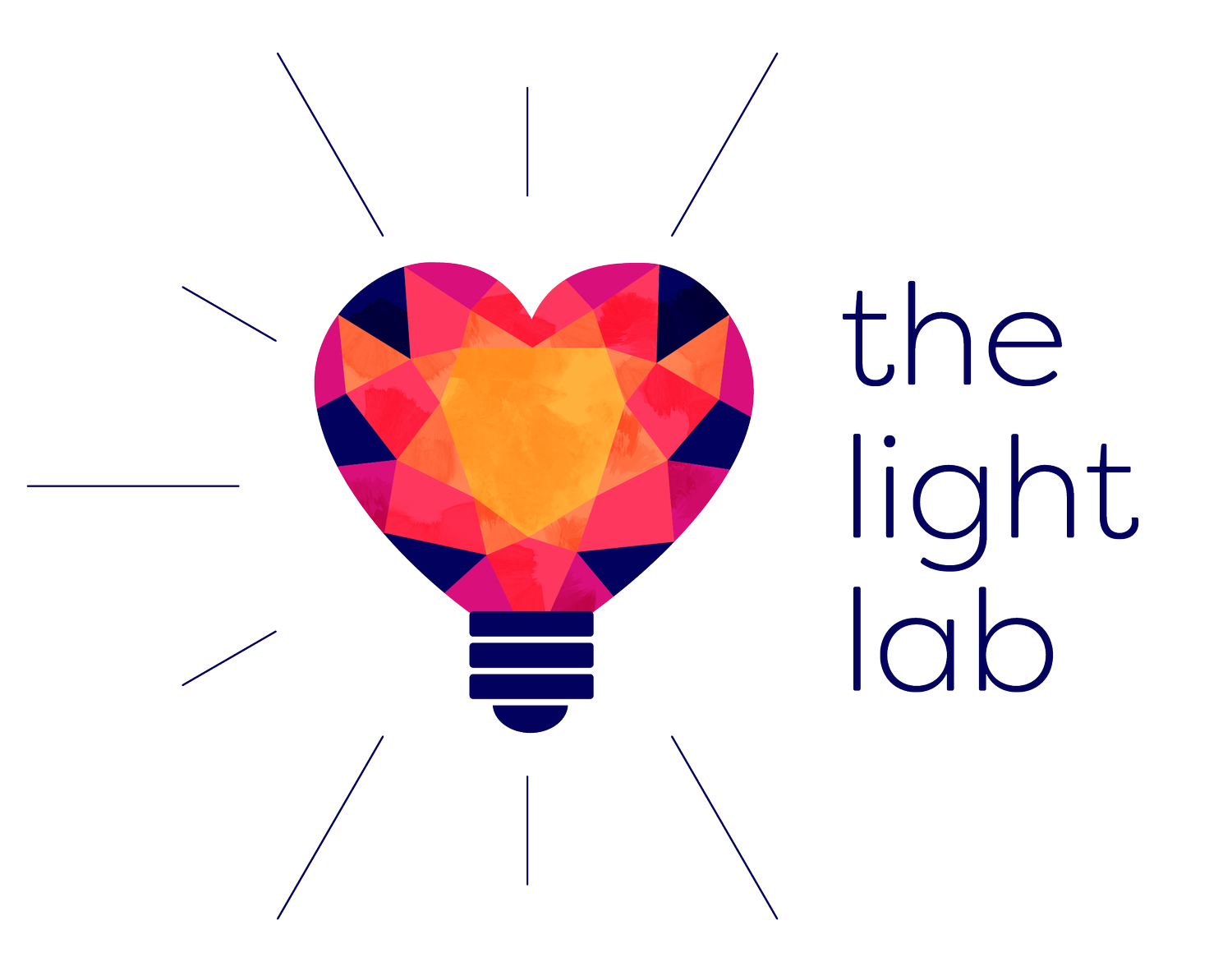Episode 4: Gratitude Glasses (Modeh/Modah Ani)
Listen Now
Gratitude Glasses
This week, Eliana, Ellen, and Josh wake up in gratitude by diving deep into Modeh/Modah Ani. We talk morning rituals, translations, g?d names, favorite melodies, and more.
Join our new Facebook group to discuss all things T’fillah and T’fillah education here!
Our opening question: What makes a day a good morning?
(4:12) Eliana talks about the shpilkes – שפילקס – she sometimes feels in the morning. She’s referring to the yiddish word for restless nervous energy.
(4:30) Eliana discusses a few YouTube channels she loves for moving her body in the morning. The Fitness Marshall can be found here. Daybreaker+ can be found here.
(6:16) Ellen mentions that she says modah ani instead of modeh ani. Hebrew is a gendered language – the structure of verbs changes slightly depending on gender.
(6:20) The text of Modeh Ani is as follows:
מוֹדֶה אֲנִי לְפָנֶֽיךָ מֶֽלֶךְ חַי וְקַיָּם שֶׁהֶחֱזַֽרְתָּ בִּי נִשְׁמָתִי בְּחֶמְלָה, רַבָּה אֱמוּנָתֶֽךָ:
Modeh Ani Lefanecha Melech Chai V’Kayam Shehechezarta Bi Nishmati Bechemla Raba Emunatecha.
Here are the translations we discuss in this episode:
Thank You, Living God And MasterFor giving me Another day of awarenessI thank You For this sacred trust-Rabbi Zalman Schachter Shalomi
I acknowledge You,Ruler/Spirit everlasting. You have resouled me, You believe in me. -Eliana Light
Thankful am I in your Presence, Spirit who lives and endures, for You’ve returned to me my soul with compassion. Abundant is your faith!-Andrew Shaw
If you want to study more about Modeh Ani, you can check out this source sheet.
(12:24) Correction: Eliana says the third translation is by Moseh Ibn Machir. Actually, he is credited as the author of the prayer itself in Hebrew. It first appears in his book Seder HaYom (order of the day) in the 16th century. The translation itself is by Andrew Shaw and can be read here.
(14:55) Eliana mentions The Happiness Lab Podcast – you find more about that podcast here.
(17:45) Eliana mentions the Shulchan Aruch – שולחן ארוך which is a compilation of Jewish legal codes. You can learn more about this text here.
(17:50) Aicha – Lamentations – איכה is a poetic book of the Bible – תנ”ך that mourns the destruction of the Temple. It’s traditionally read on Tisha B’Av – תשעה באב – a fast day in the summertime in which we mourn periods of death and destruction across Jewish history. You can learn more here.
(18:18) You can read the lines of Aicha – Lamentations – איכה along with Eliana. This is Chapter 3 verses 22 and 23, you can find the entire text here.
חַֽסְדֵ֤י יְהֹוָה֙ כִּ֣י לֹא־תָ֔מְנוּ כִּ֥י לֹא־כָל֖וּ רַחֲמָֽיו׃ Chasdei Adonai ki lo tamnu ki lo chalu rachamav.
Surely the Holy One’s mercies are not consumed, Surely the compassions never fail.
חֲדָשִׁים֙ לַבְּקָרִ֔ים רַבָּ֖ה אֱמוּנָתֶֽךָ׃ Chodashim labkarim raba emunatecha.
They are renewed every morning—Great is your faithfulness!
(19:56) Ellen mentions Modim Anachnu Lach, another prayer of gratitude, which is the theme of next week’s episode!
(22:13) Josh talks about how Chapter 3 of Aicha – איכה has his favorite trope. Trope is the way we chant all of our ritual readings. Different megilot – מגילות have different trope, and each way of reading reflects the overall tone of the story. Chapter 3 of Eicha is unique from the rest of the book.
(23:34) Srugim is an Israeli TV show that explores the lives of young adults who are Modern Orthodox.
(23:36) Chasdei Hashem – חסדי השם – means Thank G?d. Some people use this phrase colloquially in their everyday speech.
(24:05) This line is from Psalm 118, and is chanted regularly as a part of הלל – Hallel, a celebratory service recited on holidays and the new moon.
מִֽן־הַ֭מֵּצַר קָרָ֣אתִי יָּ֑הּ עָנָ֖נִי בַמֶּרְחָ֣ב יָֽהּ׃ Min hametzar karati yah. Anani vamerchav yah
I called out from the narrow place, and was answered with expansiveness. (Text and translation from Sefaria)
(24:34) Birkot HaShachar – ברכות השחר is a series of blessings we say at the beginning of the morning service each day. Josh mentions a rooster: the first blessing in this prayer is thanking g?d for the rooster that distinguishes between day and night.
You can find the full text of this prayer here.
(24:52) You can find out more about Dr. Lisa Miller’s The Awakened Brain here.
(25:46) Davka – דווקא – is Aramaic, but in Hebrew slang has come to mean “precisely!” but with an attitude.
(26:18) Here is the text for Aicha – איכה Chapter 23 verse 21:
זֹ֛את אָשִׁ֥יב אֶל־לִבִּ֖י עַל־כֵּ֥ן אוֹחִֽיל׃ Zot ashiv el libi al cen ocheel.
But this do I call to mind,Therefore I have hope: (Text and translation from Sefaria)
(29:06) A midrash – מדרש – is an interpretive story. It can be an explanation of a text, filling in the missing pieces, or an interpretation through art.
You can read more about the soul party in this essay
(35:19) Kol Tefillah is an annual prayer conference by USCJ.
(38:51) Kabbalat Shabbat is the service that welcomes Shabbat on Friday night. This line Eliana discusses is part of Psalm 96:
יַעֲלז שדַי וְכָל אֲשר בּו אָז יְרַנְּנוּ כָּל עֲצֵי יָעַר
Ya’aloz sadai vechol asher bo az yeranenu kol atzei ya’ar
The fields and everything in them are dancing with joy.
(39:15) This the text from Psalm 97 Eliana mentions: ה’ מָלָךְ תָּגֵל הָאָרֶץ
Adonai malach tagel haaretz. g?d is a king over all the Earth. (39:42)
This is the continuation of Psalm 97 Eliana discusses: עָנָן וַעֲרָפֶל סְבִיבָיו. צֶדֶק וּמִשפָּט מְכון כִּסְאו
Anan varafel sevivav tzedek u’mishpat mechon kiso.
Dense clouds surround, justice and righteousness are the foundation of G?d’s throne.
(45:28) Here is a link to Aly Halpert’s Modah Ani that Josh shares with us.
(50:25) You can learn more about Rabbi Shefa Gold’s Flavors of Gratefulness App here.
(27:38)
מקום – Makom – is a name for g?d, and also means The Place.
קו – kav – means line.
(29:58) You can explore more of Victoria Hanna’s work here.
(30:11) ספר יצירה – Sefer Yetzirah – The Book of Formation – is our earliest mystical Jewish text. You can find it here.
(31:39) מים – mayim – is the Hebrew word for water.
(33:47) זכרונה לברכה – zichrona livracha – means may her memory be for a blessing. You may have seen this abbreviated as Z”L or ז”ל.
Our favorites melodies:
Ellen’s Pick- Modim Anachnu Lach by Cantor Rosalie Will and Julie Silver
Josh’s Pick- HaTov by Yonatan Razel
Eliana’s Pick- Modim Anachnu Lach by Beth Schafer
(36:39) Eliana hosts a J-Kids radio show called Way to Grow – check it out here.



